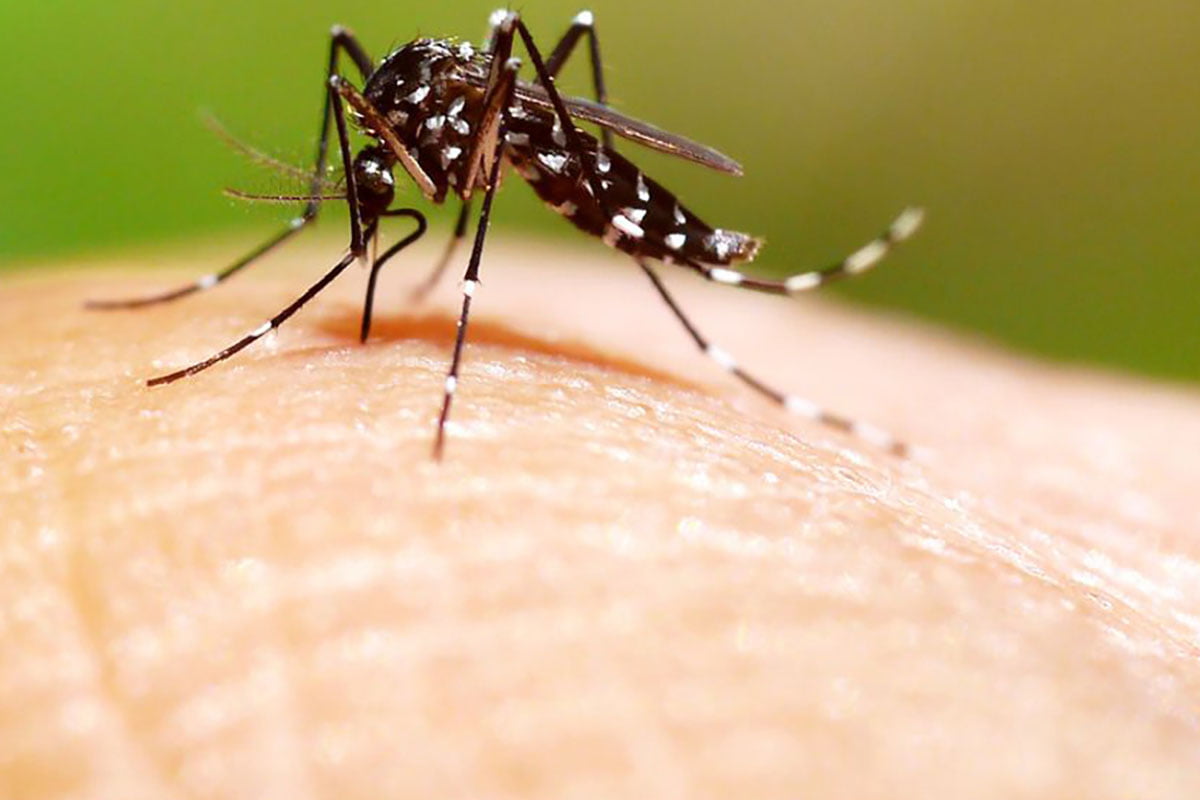Sexual Diseases
HIV
Globally persons are infected by way of: vaginal sex (75%), anal sex (7%), mother to baby (7%), injecting drugs (7%), blood transfusions (3%). The actual individual one off sexual act risk of acquiring HIV is very low (less than 1%) – it can be calculated by the formula: risk of HIV transmission = (risk partner HIV +) x (risk per exposure type) x (number of exposures).
In Cambodia, the HIV prevalence rate in adults aged 15-49 is 0.5% (2023), but is more than 7% in female sex workers and up to 20% in gay/transgender/IV drug user men; more than 80% are on ARTs. New HIV infections peaked at 16,000 in 1997, dropped to 1,000 in 2018, but have since risen to 1,500 in 2023.
Condoms should always be used. Note that the Number One condom (size 48mm) is made for the Cambodian male; Europeans and Americans with larger penises should use a larger sized brand (52mm) such as Durex to prevent condom breakage.
HIV testing: this is recommended at 4 weeks after exposure, although for those patients wishing some anxiety relief, PCR tests after 10 days, and 4th generation tests after 14 days can be done, but in cases of negative results, another test must be done at 4 weeks.
Most pharmacies do not stock ARTs (anti-HIV drugs) as Cambodians receive free treatment at specific HIV treatment centres, and most expats are diagnosed and treated in their home countries. A few pharmacies do, but are limited to a couple of brands.
PEP treatment: recommended if the risk of HIV infection > 1/10,000; must be started within 3 days of possible exposure. As there can be serious side effects to those PEP drugs available in Cambodia, you should consult with a doctor to discuss both the risk of infection & the risk of side effects.
Syphilis
Over the last 10 years around the world, syphilis cases have increased 10 x, and Cambodia is no exception. Prevalence rates are probably similar to those of HIV.
Self- diagnosis and self- treatment using Dr. Google are not advised. Although diagnosis may appear simple, inaccurate lab reporting, a lack of understanding what the terms ‘false positives’ and ‘false negatives’ mean, and other reasons, can all make a syphilis diagnosis difficult even for a general doctor. Anyone who wishes to be tested, or has a positive result, should consult an STD specialist. I have seen several patients wrongly told they had syphilis/ did not have syphilis leading to serious consequences.
Hepatitis B
The prevalence among the Cambodian people is 13%. For the visitor, the primary risk is through sexual contact, although for the person staying longer than 6 months the risk is also by faecal contamination of food or water. Hepatitis B vaccination does not work in 10 – 20% of those vaccinated; a blood test is, therefore, necessary to determine if you have protective antibodies or not.
Penile discharge
Gonorrhoea, chlamydia, gardnerella, herpes, candida, ureaplasma, trichomonas, and other conditions can give a penile discharge, or not. Symptoms may be similar, different, or none. Treatment, however, is different for each disease. Do not self-medicate – prostatitis and sterility are consequences if you do. See a doctor specialized in the diagnosis and treatment of sexual diseases.
Sexual Disease Testing consists of 3 stages:
- Correct advice and correct sampling technique by a competent and qualified doctor.
- Correct performance of the tests by qualified and competent laboratories.
- Correct interpretation of the results by a competent and qualified doctor.
In countries where corruption and competence are real concerns, any or all of the above three stages may be inadequate, and so the quality of the tests should be a more important consideration than costs. Whether to do tests or not, which tests to do, and which laboratories to use, can be discussed at the time of consultation.
Full STD testing may involve in house testing (HIV, Syphilis, Gonorrhoea & Chlamydia), and/or sending samples to Cambodian labs; prices vary depending on which combination of tests are used. (In the case of Herpes, a sample is sent to Vietnam). Results are transmitted by email after 1-5 days.
For patients with symptoms, treatment is advised before waiting for the results. Funds permitting, testing should always be done even if treatment is given. Tests can give valuable information in determining secondary treatment in cases of primary treatment failure.
Even though the best antibiotics in the world are used, there will always be treatment failures for a variety of reasons; 5% of gonorrhoea cases in China are drug-resistant to standard treatments.
Although including testing is the best option, it is not mandatory, and patients are free to request consultation and treatment only, without any testing.
For men wishing penis tests, they should arrive at the clinic around 9.30-10am, NOT having passed urine since the previous night. (i.e. NOT passed urine for around 6 hours).
For women requiring vaginal tests, and for men and women wishing blood tests, they can come any time during office hours M-Sa 09.30-11.30 am, and M-F 2.30-4.30 pm.
Appointments by email, please. Contact Us
Vaginal discharge
When the quality and quantity of a discharge changes, time to see a doctor. Candidiasis or thrush is more likely if tight clothes are worn especially in a hot humid country. Diabetes, hormones, antibiotics and lowered immunity are other causes. Trichomonas is a cause of a heavy discharge and can be caught from moist towels. Gardnerella typically gives a fishy odour most noticeable after sexual intercourse. As 50% of women infected with gonorrhoea or chlamydia have no discharge and are unaware they are infected, these diseases should also be screened for at the same time as examining the discharge; failure to do so could lead to infertility.

Health Care Problems - Advice from Dr Scott
Get the latest medical advice and tips on how to stay healthy in Cambodia from Dr Gavin Scott.

Air-Borne Infections
Air-borne infections can be difficult to avoid. Learn how to treat common colds, influenza and other infections in Cambodia.

Sexual Diseases
Get the latest information on sexually transmitted diseases in Cambodia, how to avoid them and how to treat them.

Tropical Insect-Borne Infections
What are they in Cambodia, and what vaccinations and treatments are available in 2024.
